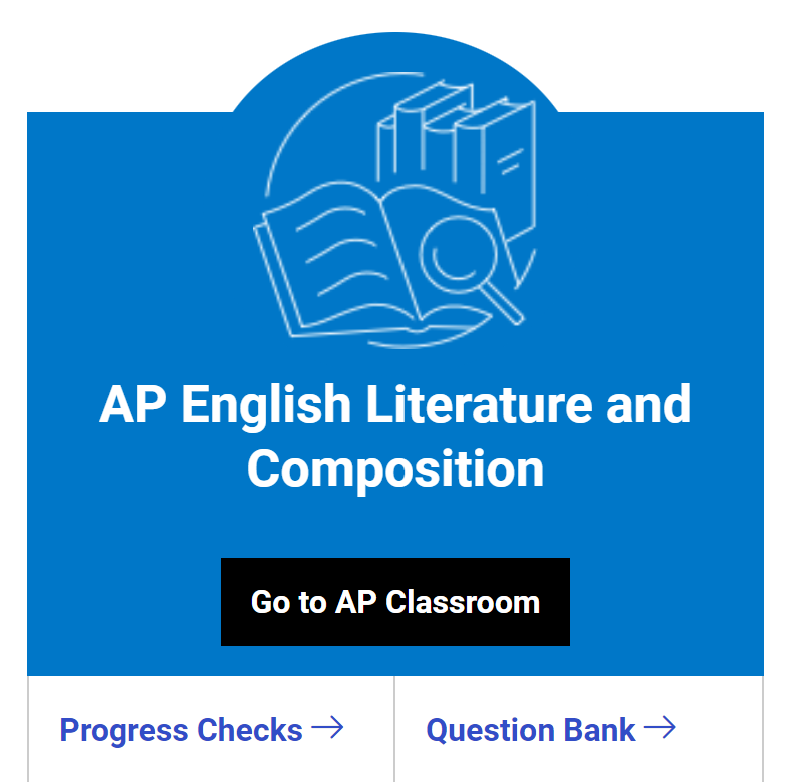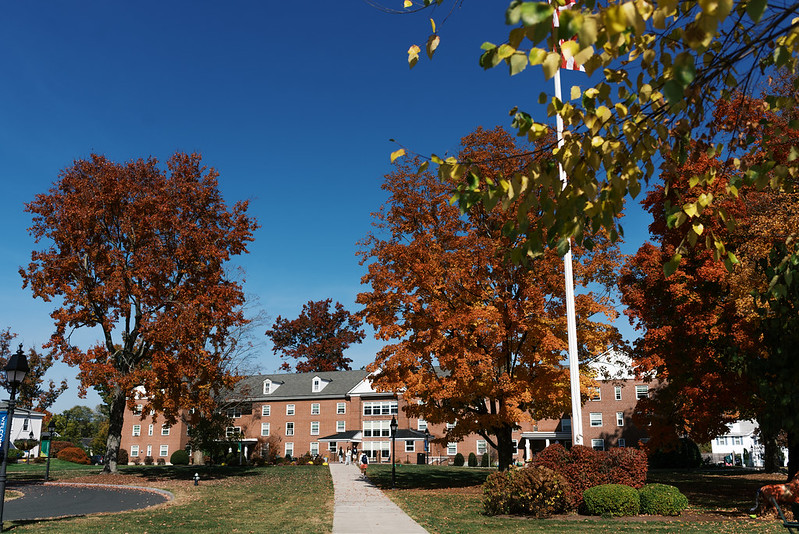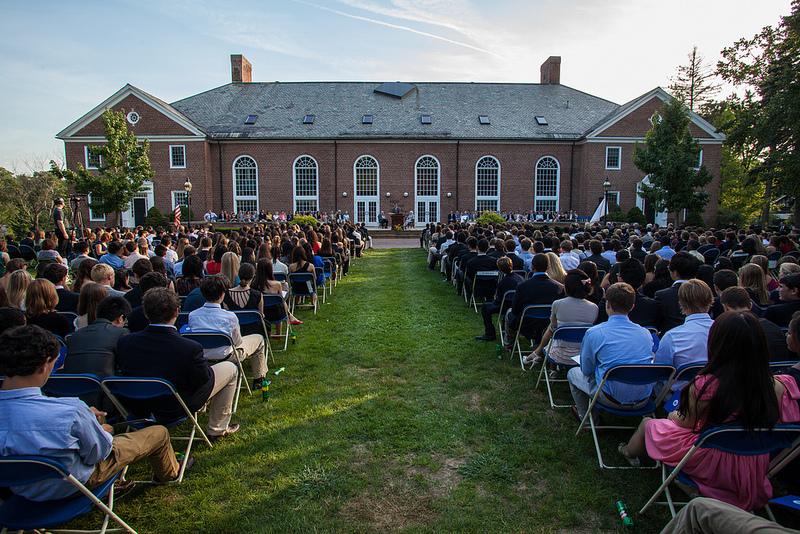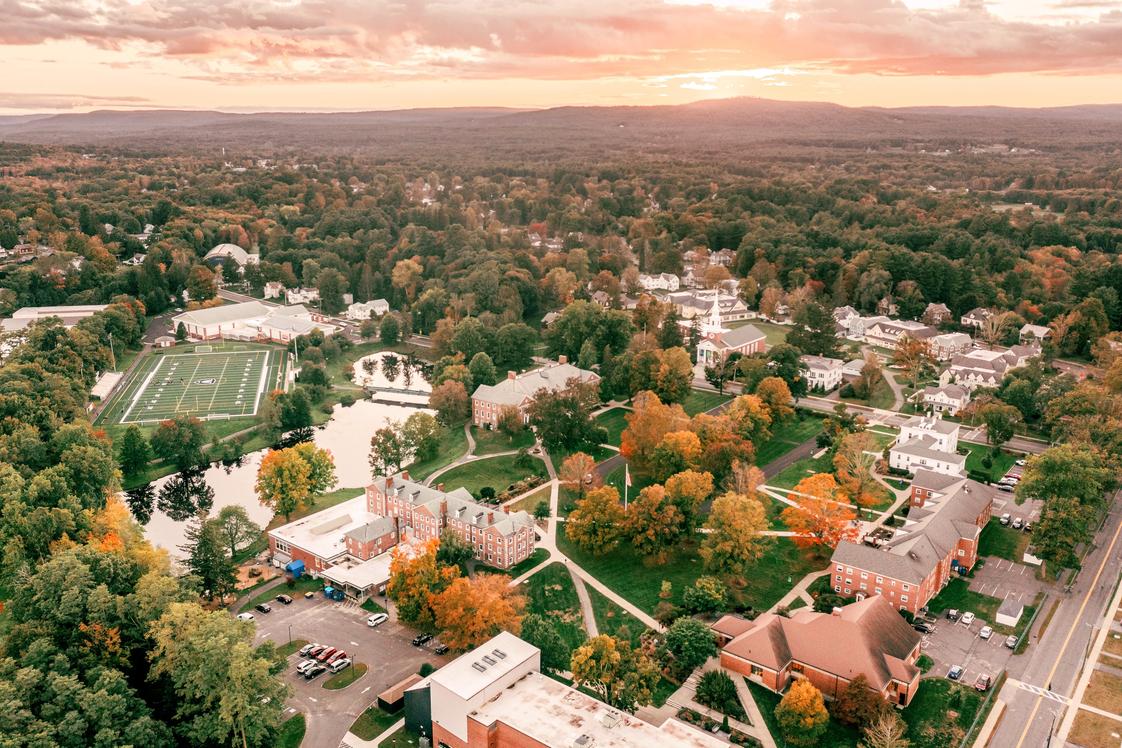AP exams push students to excel, and at the same time make them question whether they are learning or rather memorizing for a good grade.
Each spring, students take Advanced Placement (AP) exams that promote students to develop a deeper understanding in various subjects. These tests encourage students to take a test-driven approach to learning. The effectiveness of AP exams, however, is questioned by students and teachers.
The AP program, founded in 1952, was originally designed to offer students of academic excellence a chance to earn college credits. This has expanded significantly recently due to the numerous high-achieving students today. According to Mass.gov, of all the 2023 high school graduates in Massachusetts, 45.2% had taken an AP exam, an 8.6% increase from 2013.
Although the percentage of students getting scores one through five are the same, getting a five is more difficult due to the many high achieving students that tend to do well on these exams.
As there has been an increase in students, so has criticism increased, with many arguing that the exam encourages students to memorize the material rather than fully appreciate and engage in the subject itself.
Questions about AP courses truly being effective for the educational experience of students are more prominent than ever, especially as many private high schools have started to remove AP courses from their program. Williston offers 26 AP courses. Each year, roughly 220 students at Williston complete 361 AP exams.
Dr. Pamela Maddock, a teacher in the History and Global Studies department, has mixed feelings about AP tests and College Board.
“I think there are ways in which AP courses and exams promise more than they deliver and limit possibilities for students, but they’re not all bad,” she said. “I know some schools are no longer offering AP classes but then students are able to go on their own at those schools, study the material, and take the AP exam.”
Junwon Park, a junior who has taken AP Computer Science A, AP World History, AP Calculus AB, find his AP classes to have “limits [in] the freedom and flexibility of [the] classes, and [I] often feel rushed due to the set amount of material to cover.”
When it comes to the AP World long essay questions, Junwon Park finds the structure “limits the creativity that [students] can have in their writing in fear of losing points, and once people get used to this, they might forget their own way of writing.”
A senior lecturer at the Stanford Graduate School of Education, Denise Pope, believes AP tests are a double-edged sword.
“Colleges don’t always accept the courses for college credit, many students end up repeating the course in college anyway,” Pope said in an article written by Brooke Donald, an Associate Dean of Communications at Stanford Report. “And you can run the risk of memorizing material for a test versus delving into a subject and exploring it in an enriching way.”
Additionally, students face pressure from deadlines and fees. At Williston, students must decide whether to drop an AP exam by Nov. 15, or else they face an $50 cancellation fee. Williston offers a 50% refund before the April 1 deadline, but having to pay to not take a test is still frustrating.
The Pros and Cons of AP Classes
0
More to Discover
About the Contributor
Richard Yu-Hwang ’26, Staff Writer/Editor
Richard Yu-Hwang is a junior from Manhattan, NY. He enjoys playing water polo and talking about football.





















